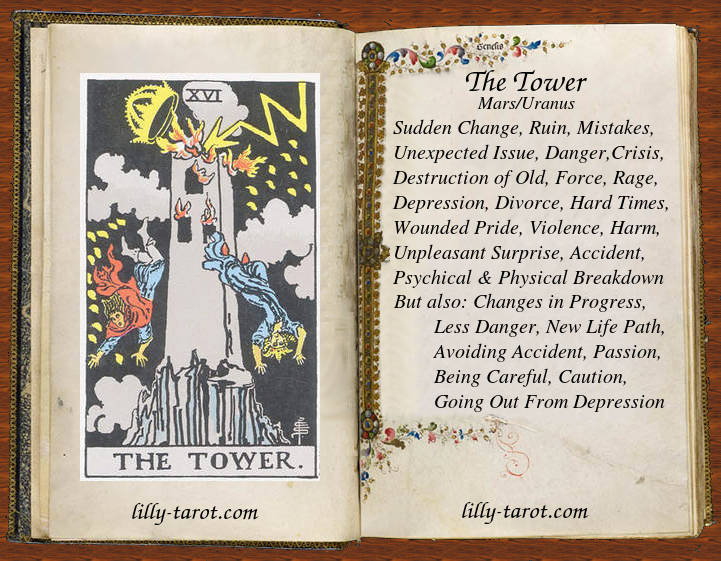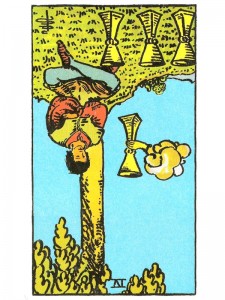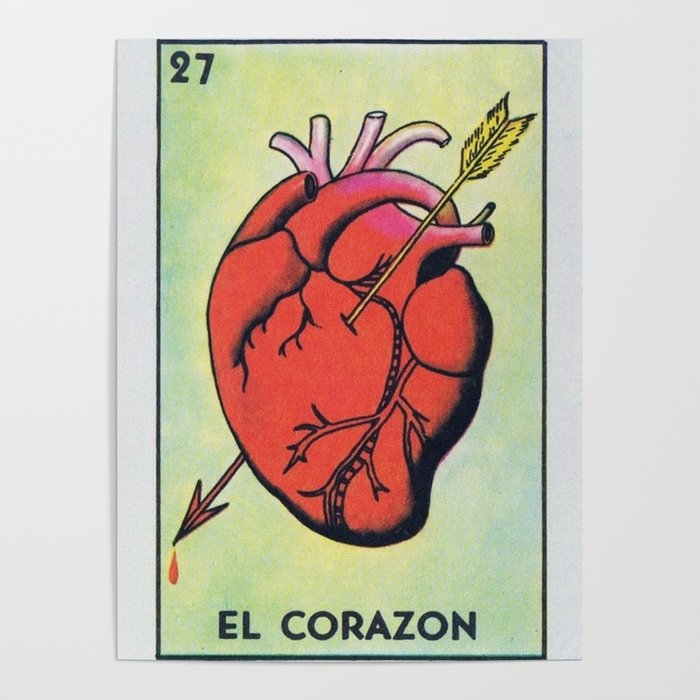
You can read tarot cards intuitively, but there are a few things you need to know before you begin. Rose suggests closing your eyes while you shuffle your cards and asking your spirit guides for guidance. You can also try meditating, which helps you tap into your intuition. It can be a great way to avoid worrying, doubting, and analysing.
Intuition and reading tarot cards
The ability to read tarot cards can be helped by intuition. It is not an exact science and requires practice. There are many methods to improve your intuition and increase your sense of self. One way is to engage in mindfulness practices, which help you feel more in tune with your personal experience.
Try to look at the entire picture when you're trying to interpret a card. You can use the imagery from the card to create a whole story. An intuitive reader of tarot can see the big picture inside a card. The Empress's traditional keywords include abundance, nurturing and feminine energies. It can also relate to pregnancy or the birth of a child.

Sometimes intuition is quiet and subtle. It may manifest as a feeling in your head or a voice. It could also be a physical sensation.
The do's and don’ts of intuitive readings using tarot
When performing intuitive Tarot readings, there are some things you should know. The first is not to try to read cards from someone else without their permission. The reason is that your intuition might not be the same as the tarot reader's.
The second rule of intuitive readings is to keep your mind open, and your heart open. You will have more confidence if your mind is clear. The first step in acquiring an intuitive reading is to practice. Meditation is a great way to practice and it can help you connect to your inner knowing.
A Tarot deck is the next step to learning how to use intuition. First, pick a card that interests you and place it face-down. Next, ask for help understanding the meaning. Do not attempt to guess its meaning; instead, refocus your attention. The sensation of receiving a visual or flashing color, hearing a song, or feeling a message from your body could be a sign that you are experiencing something.

Origin of tarot cards
While it is difficult to find the origin of intuitive Tarot cards, there are many who have used them for centuries. It is generally believed that the cards were originally used as games and prediction tools. The first use of tarot decks for mystical purposes was discovered in 1785 when Jean-Baptiste Alliette, an French occultist developed links between the illustrated cards with astrology or ancient Egyptian lore.
Although the origins of the first tarot decks are likely to have been based on Roman or Egyptian myths, there are many theories. Most popular is that the Mamluks were the first to invent the Tarot. They are a tribe of people who lived near the eastern Mediterranean. But this theory does nothing to explain the 21 trumps. The earliest surviving tarot decks originated in the Italian Renaissance, where they gained popularity with aristocratic courtiers. The tarot card was known as a trionfi in 15th-century Italy. These cards were used in carnivals and had symbols such as triumphs that represented the Roman Empire.
You can use your intuition to interpret the tarot cards. One way to understand them is to feel them. For example, if you feel a heavy chest, this may be an indication of heartache and grief. In the same way, a full stomach can indicate an energetic state.
FAQ
Is it possible for a hobby to make you rich?
Not necessarily.
But if your passion is to start a business, you might be able to make a lot of money.
Let's say, for instance, you are a passionate cook. You enjoy healthy food so you opened a restaurant.
You only offer organic meals from scratch. Customers pay a small charge to cover the cost of ingredients and labor.
You grow your clientele and eventually you hire employees who can work with you.
You may eventually add vegan dishes and gluten-free options to your menu.
You've now created a profitable business that allows you to live the life you desire.
However, you don't have to quit your day job.
You could instead run your own restaurant and still hold your 9-5 job.
What are observation hobbies?
Observation hobbies are activities where you observe people doing what they do. They might include watching sports, reading books, going on holiday, etc. You might also enjoy observing other people.
It's great to have observation hobbies because it helps you think creatively. This knowledge will be useful later in your work for others and yourself.
You'll find that if you're interested in something, then you'll have an easier time learning about it.
For instance, if football is something you are interested to know about, you can watch the game or read a book. If you want to learn more about photography, you could take or visit exhibitions.
You could also buy a guitar or play along online to music if you are a musician.
If you like cooking, you could cook your own meals or visit restaurants.
If gardening is your passion, you can grow vegetables and flowers.
If you like dancing, you could join a dance class or go out with friends.
You could also paint pictures if you are a fan of painting.
If you like writing, you could write stories or poems.
You could also draw pictures if you enjoy drawing.
If you're passionate about animals you might consider working at a Zoo or looking after their pets.
If science is your passion, you might choose to study biology or chemistry.
If history is your passion, you can either read books or watch films. Or you could listen to podcasts.
If you like traveling, you could travel abroad or explore your local area.
What are some good hobbies?
Hobby Ideas that are great for people who enjoy teaching others.
Hobbies are a great way for you to do what you love and also learn something new.
There are many hobbies. But they all share similar characteristics. They are usually enjoyable activities that don't require a lot of effort and can be very economical.
These include working with others to teach someone how to use an instrument or build an airplane.
Even though you might not think of yourself to be a teacher or a tutor, chances are there are things you can do that could help someone else.
If you are looking to become more creative in your daily life, you might consider starting a hobby that allows you to share your talents with others.
Statistics
- The intensity of the dialogue partners' bond at the end of the forty-five-minute vulnerability interaction was rated as closer than the closest relationship in the lives of 30 percent of similar students. (time.com)
- In comparison, men in the “no humor” condition were refused 84.6% of the time and were only accepted 15.4% of the time. (time.com)
- Studies show that just six minutes of reading can reduce stress levels by 60 percent. (oberlo.com)
- A new survey by Pew Research Center of teens ages 13 to 17 finds that 36% of girls feel tense or nervous about their day every day; 23% of boys say the same. (pewresearch.org)
- I am 100% biologically a woman (discover.hubpages.com)
External Links
How To
How to learn how to play a musical instrument
There are many different ways to learn how music is played. You have the option of going to school, buying a book or taking lessons from someone who plays an instrument. Or, you can watch videos online. However, if you decide to find your own way to learn, here are some tips and tricks that might help you out.
-
Find something that interests your interest. If you don't like any of the instruments you see around, then you should try another one. It is difficult to enjoy an instrument if it is not something you are interested in.
-
Be patient. Learning anything new takes time. You don't have to learn everything in one go. Instead, keep practicing every day.
-
Make sure you practice regularly. You can do this even when it is hard. This will help you remember what you've learned.
-
Choose a good place to practice. It is best to find a quiet space where you will not disturb others. You should also make sure there aren’t any distractions. Also, don't let loud music play near your home.
-
Have fun! Music should be enjoyed. Have fun with your practice. You will be motivated to do more if you have fun.
-
Set goals. Set goals. You'll know exactly what you must achieve. You will never be ashamed to fail.
-
Keep track of your progress. Notate all of your achievements and failures. You'll be able to learn and improve as you go.
-
Take breaks. Sometimes all it takes is to take a breather. It is a good idea to take breaks so you can think about everything.
-
Ask questions. Ask questions. They may be able help you.
-
Listening can teach you a lot. Many musicians love to listen to and imitate songs. This helps musicians understand the fundamental concepts of the song.
-
Read books. Reading books will teach you more than watching videos or taking classes. Books can also provide information that is not available elsewhere.
-
Join a band. Playing with others will force you to practice more. Plus, it will be easier to meet people with similar interests.
-
You can watch tutorials. Tutorials are brief videos that cover a variety of topics in great detail. These videos typically focus on one aspect of the instrument. These tutorials will help you to understand the more difficult parts.
-
Try different methods. Some people prefer to learn via lectures while others prefer to read. Keep trying until you find your preferred method.
-
Practice makes perfect. Nobody becomes an expert overnight. Instead, you must put in lots of effort before becoming skilled enough to perform well.
-
Play along with other musicians. Listening to others play your favorite songs can help speed up learning.